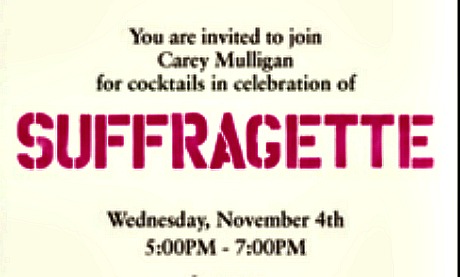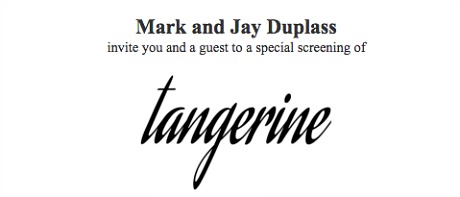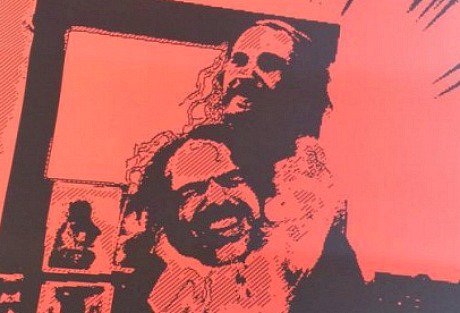“When Douglas Sirk retired from American filmmaking and returned to Europe at the end of the 1950s, his reputation was that of a director who simply churned out glossy Hollywood weepies. But after a major critical reappraisal, spurred by the critics of Cahiers du Cinema, the German-born filmmaker was reclaimed as an auteur with a varied body of work, an eye for visual stylization, and a sophisticated understanding of Brechtian artifice, not to mention one of cinema’s greatest ironists.”
So reads a portion of a Film Society of Lincoln Center announcement about “Imitations of Life: The Films of Douglas Sirk” (1.23 thru 1.6.16), a comprehensive retrospective that “tracks Sirk’s artistry from his early German films through to his early Hollywood forays into multiple genres and on to the now-canonical works of his late career.”
Five and 2/3 years ago I posted a short piece called “Respectful Sirk Takedown.” I was hit pretty hard for resisting established dweeb theology, which was and still is that Sirk’s dreadfully banal soap-opera acting, grandiose emotionalism and conservative suburban milieus are all of a pitch-perfect piece and are meant to be processed as ironic social criticism.
I suggested that the critics of the ’50s were more or less on the money when they declared that Sirk’s films that were no more and no less than what they seemed to be — i.e., emotionally dreary, visually lush melodramas about repressed women suffering greatly through crises of the heart as they struggled to maintain tidy, ultra-proper appearances.











